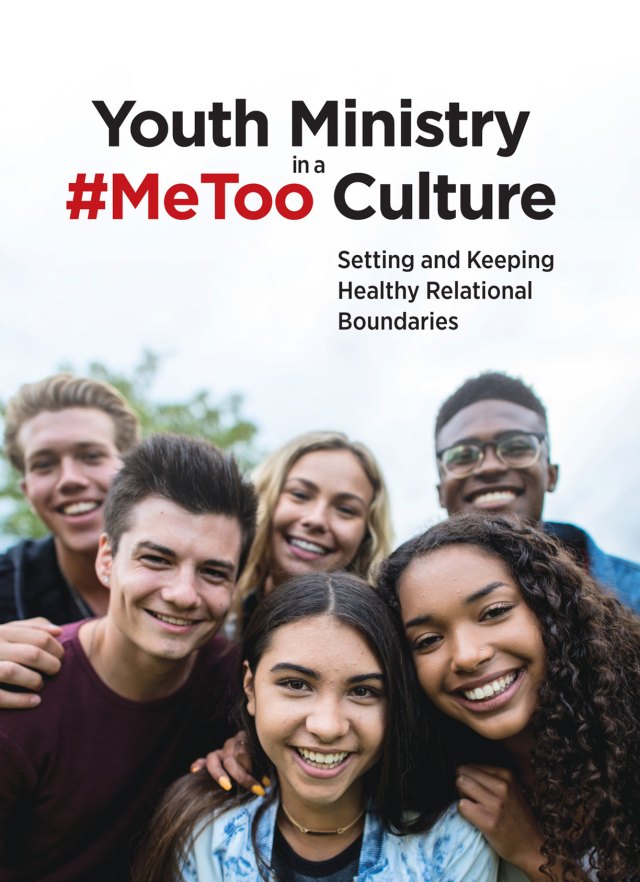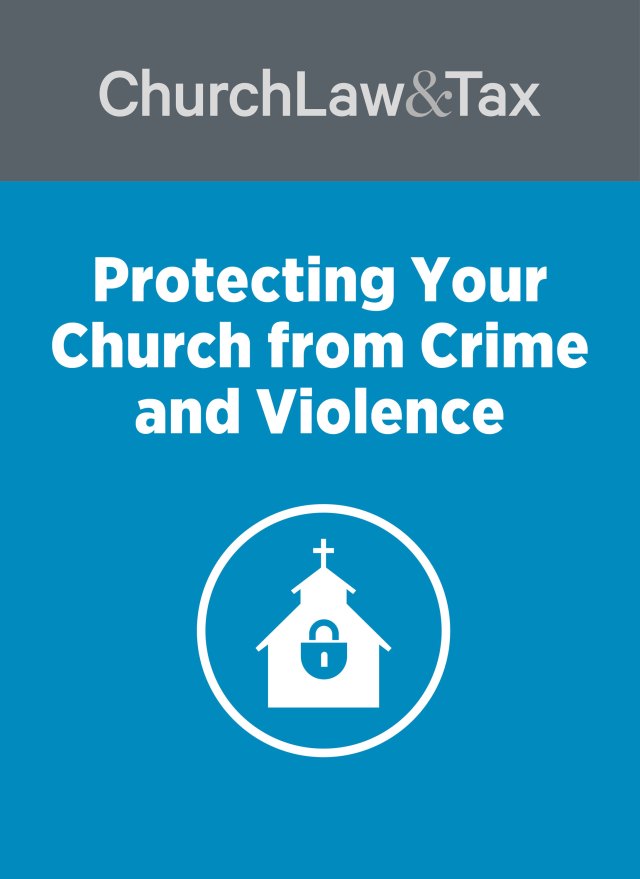Key point 4-11.01. Clergy who engage in sexual contact with an adult or minor are subject to civil liability on the basis of several legal theories. They also are subject to criminal liability.
A Texas appeals court affirmed five life sentences plus 220 years in prison—all to run consecutively, rather than at the same time—for a pastor who sexually abused three minors, including his biological daughter.
Pastor convicted on 16 counts
A pastor (the “defendant”) was charged with sexually assaulting three minors. The victims alleged that the pastor had shared sexually explicit photos with them using social media, and on several occasions, while taking several minors home after church, he would take one of the victims home last so he could drive her to a secluded place and molest her.
The charges related to all three victims were tried in a single, consolidated jury trial. The jury found the defendant guilty of five counts of aggravated sexual assault of a child, nine counts of sexual assault of a child, and two counts of indecency with a child by contact. The pastor appealed the convictions, as well as the sentencing handed down by the trial court. A Texas appellate court, aside from modifying the judgments to more accurately reflect the correct provisions of the state’s penal code, affirmed the judgments and the sentencing.
What this means for churches
This case is important for four reasons.
First, it illustrates the importance of adopting and enforcing a “two-adult” policy. Such a policy simply says that no minor is ever allowed to be alone with an unrelated adult during any church activity.
Such a policy would have prevented the pastor from transporting minors home in the church van if at any point during the drive he was alone with one minor. A two-adult policy reduces the risk of child molestation, and reduces the risk of false accusations of molestation.
Second, this case demonstrates that, as a “best practice,” churches should prohibit any direct or private messaging on any social media platform (including email) by a member of the pastoral staff, lay employee, or volunteer, with unrelated minors.
To reinforce the validity of such a policy, contact your local public school district and find out what, if any, restrictions the district places on communications between teachers and students.
Third, this case illustrates the importance of addressing high-risk behaviors. Often, those who molest minors in churches or church activities have openly engaged in high-risk behaviors, including:
Unrelated minors spend the night in a leader’s home.
- An adult leader drives a vehicle with one or more unrelated minors on board, and no other adults.
- An adult goes on day trips with an unrelated minor.
- An adult goes on overnight trips with an unrelated minor.
- A leader spends the night in a hotel with one or more unrelated minors.
- A leader meets one or more unrelated minors in malls or other places where minors congregate.
- An adult leader sleeps in a tent with an unrelated minor during a campout.
These, and similar, “grooming” behaviors are associated with many incidents of sexual abuse involving youth and children’s ministry leaders in churches. They must be promptly confronted and stopped.
Fourth, note the severity of the defendant’s punishment. The court sentenced him to five life sentences, plus 220 years in prison, with the sentences to run consecutively and not concurrently.
Wesley v. State, 2021 WL 5931683 (Tex. App. 2021).




